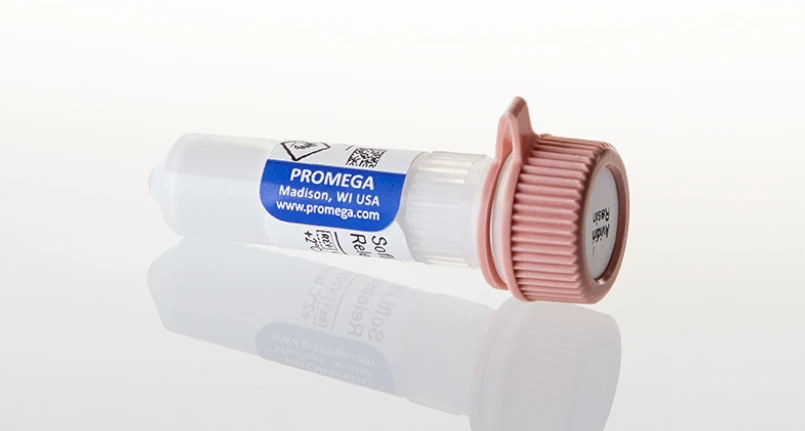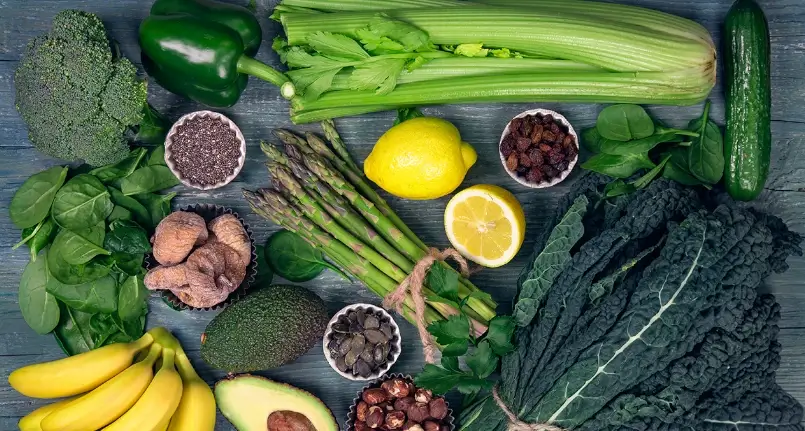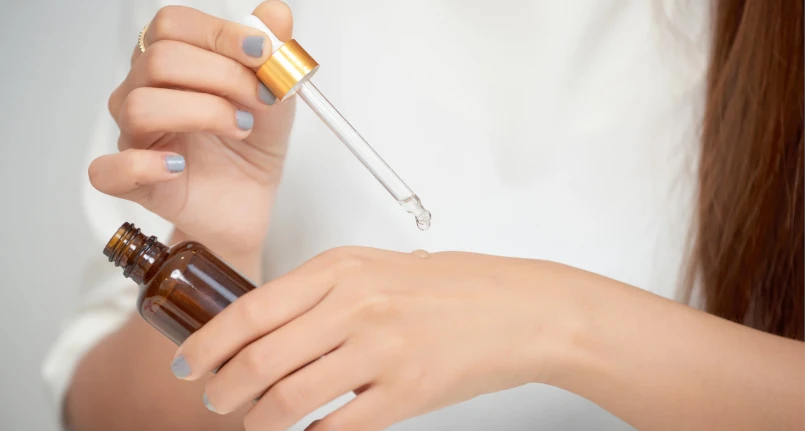What is Avidin
Avidin is a tetrameric basic glycoprotein (mw 68,000 D), therefore made up of four identical subunits (it belongs to the category of homotetramers). Produced in the oviducts of birds, reptiles and amphibians, it is deposited in the white of eggs , better known as albumen .
The name avidin derives from the particular avidity of this molecule towards a vitamin , B8, called biotin or vitamin H.
Avidin and Vitamin B8
Each avidin subunit has a biotin binding site, to which it binds so tenaciously that it forms a complex that is inabsorbable for the human intestine .
The interaction between avidin and biotin is not of the covalent type, but it is extremely strong (the dissociation constant KD is of the order of 10 -15 M). Furthermore, the bond forms very quickly and is practically irreversible.
The fact that each avidin molecule can bind to four different biotin molecules – and the particular toughness of this bond – has made it extremely useful in immunohistochemistry and, in vivo, for targeting solid tumors.
Baking and Albumen
All these antivitamin characteristics are lost with cooking , and this is the reason why it is recommended to consume only cooked eggs, avoiding raw ones. Moreover, we must not forget that raw egg white proteins are poorly digestible (51%), due to the antitrypsin action of the ovomucoid ; finally, the risk of contracting salmonellosis and other foodborne diseases must be considered , especially when the eggs are not fresh.
Avidin represents 0.05% of the total protein fraction of hen egg white; each of them, therefore, provides approximately 190 mg of avidin. With regard to the biological function, it is hypothesized that birds, reptiles and amphibians synthesize avidin in their oviducts to inhibit bacterial growth, depriving these microorganisms of the biotin necessary for their development.




